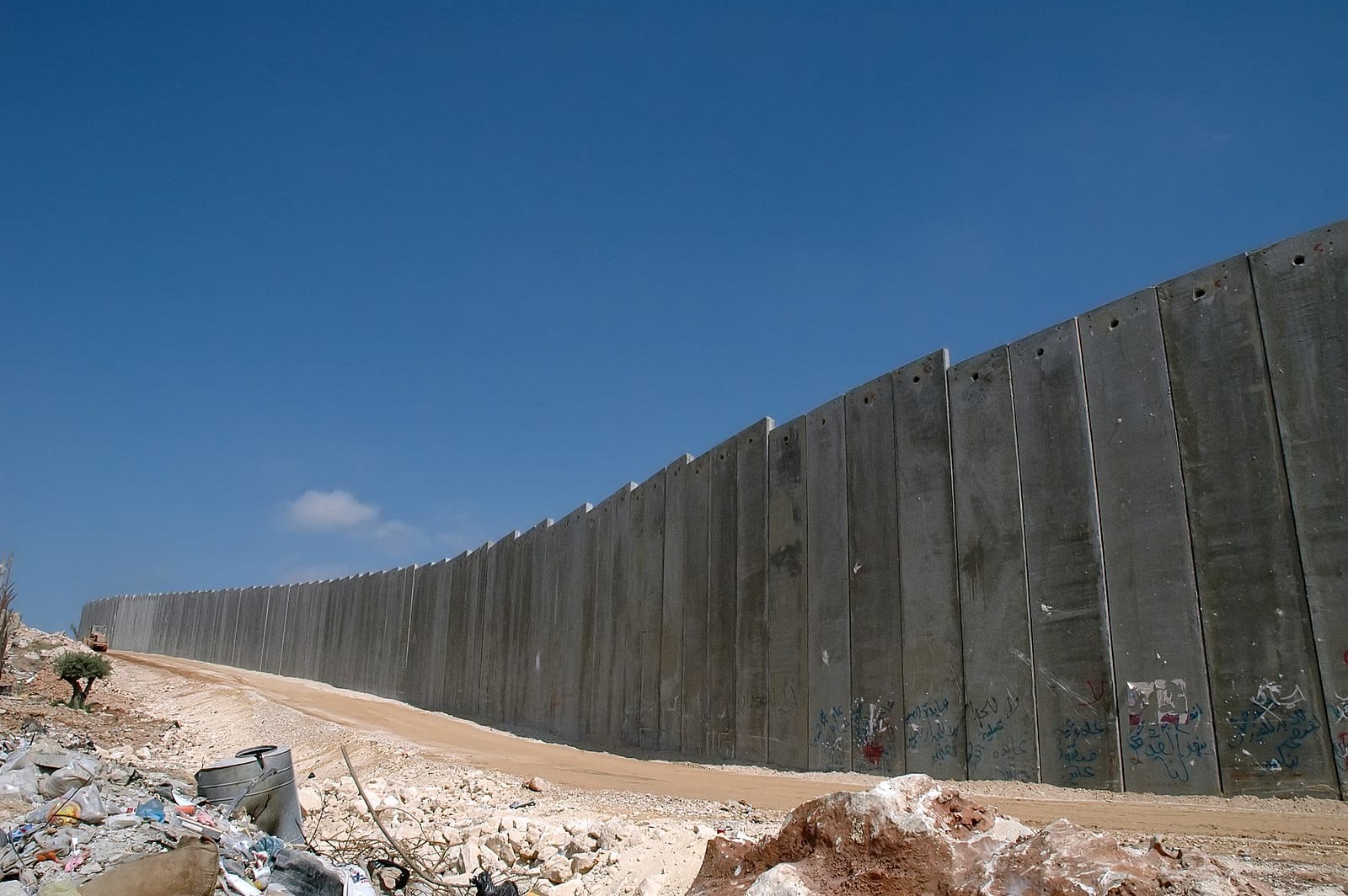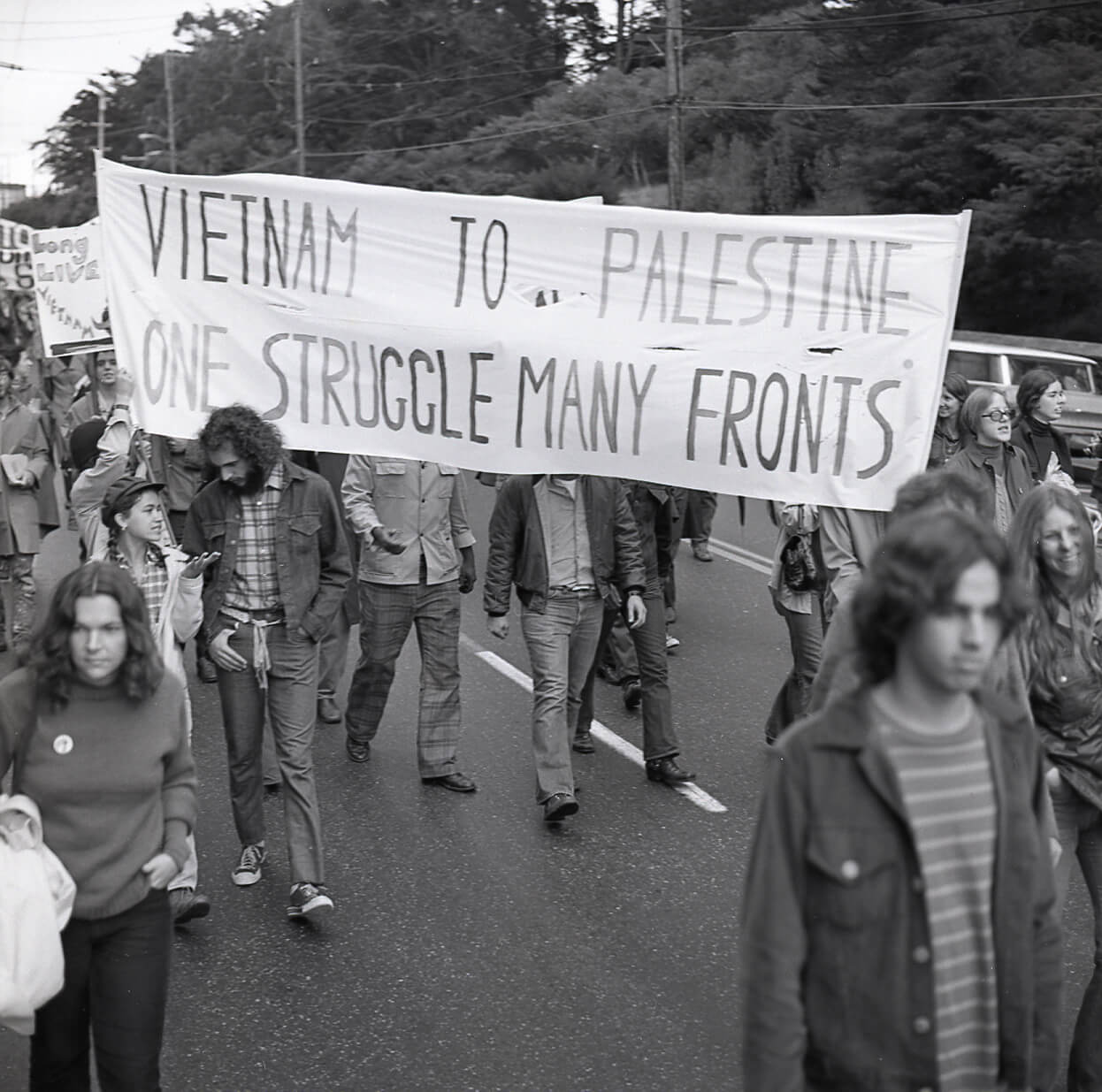We live in a kind of mass depression
The ongoing Israeli genocide compares to nothing in the history of Palestine.

by Arvind Dilawar
Dilawar previously wrote for Hell World about the similarities between the current Israeli genocide and the Vietnam War.

Consider a subscription to read that piece and today's in its entirety.
For the last 15 months, “Alex” has rarely been able to travel more than 10 miles from their home in the Israeli-occupied West Bank. Following the attacks by Palestinian militants from the Gaza Strip on Israel on October 7, 2023, the Israeli military not only besieged Gaza, but placed severe restrictions on Palestinians in the West Bank too. Alex, whose identity has been obscured here for their safety, is in their 50s and suffers from a medical condition for which they need to see a specialist in East Jerusalem. Like Gaza and the rest of the West Bank, East Jerusalem is internationally recognized as Palestinian territory, which Israel has nevertheless occupied since 1967. In order for Alex to go to the doctor they need a permit from the Israeli military — a permit which the military will not issue.
As Alex readily admits, the experiences of Palestinians in the West Bank pale in comparison to those in Gaza, where the ongoing Israeli genocide has killed more than 45,000 Palestinians, including at least 17,000 children, per the Palestinian Ministry of Health as cited by Al Jazeera. The true toll of the genocide, obscured by continued Israeli attacks, blockade and propaganda, may in fact top 330,000 deaths, according to estimates published in The Guardian. Israeli soldiers and settlers — that is, Israeli citizens who live illegally on Palestinian land — have also used the genocide as cover for increasing violence in the West Bank, where more than 800 Palestinians, including 170 children, have been killed since October 7.
“When you lay in your bed at night and you hear the planes and you know exactly a few minutes later someone will be killed … you don’t know what to do with your thoughts and your feelings,” says Alex, referring to Israeli fighter jets and drones. “We live in a kind of mass depression and anxiety.”
In the face of such violence, Palestinians like Alex, as well as even some Israelis, recognize that Israel’s genocide in Gaza and its lower-intensity war on the West Bank are like nothing in their shared history, including the two most prominent previous periods of Palestinian resistance to the Israeli occupation: the First and Second Intifada.

